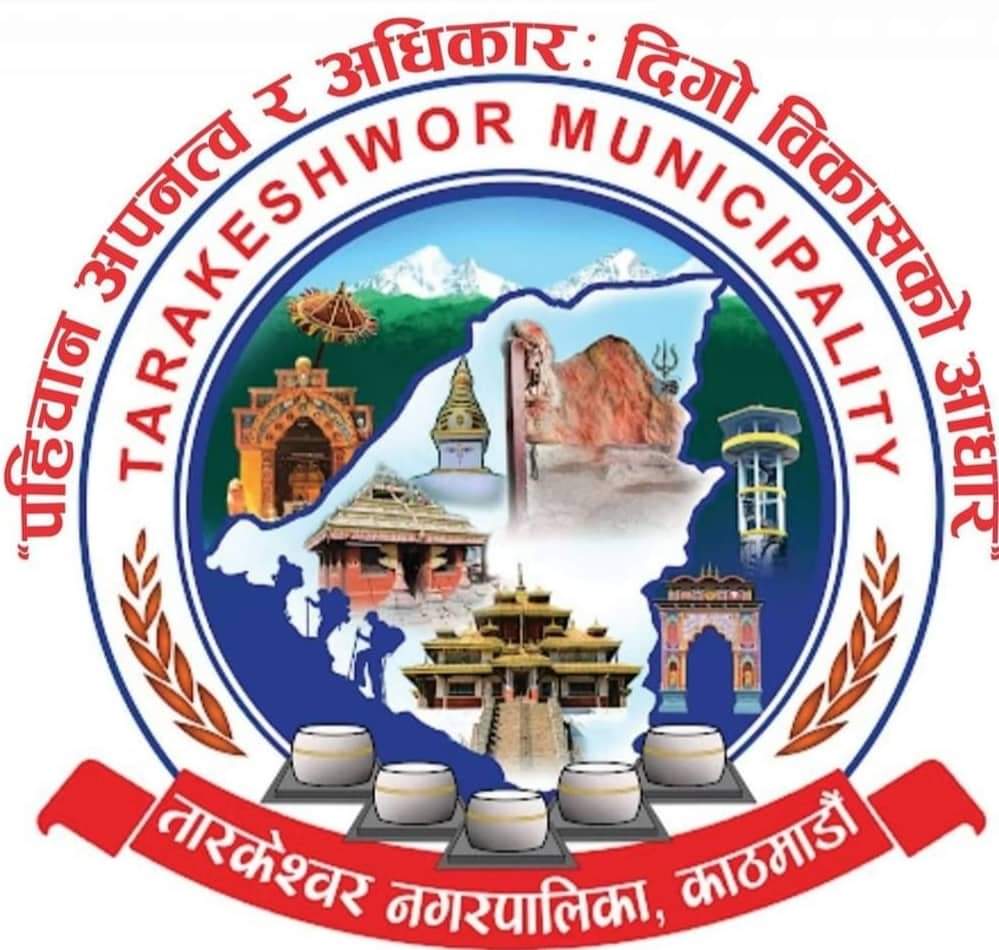In Nepal, women with disabilities continue to face multifaceted discrimination rooted in both gender and disability biases. These women are often excluded from education, employment, health care, and community participation due to physical, social, and cultural barriers. Despite the government’s legal commitments, such as the Rights of Persons with Disabilities Act 2017 and ratification of the UNCRPD, implementation remains weak, especially in rural areas.
Poverty, illiteracy, and deeply embedded stigma only intensify the exclusion. Families may keep women with disabilities hidden at home, fearing social shame or believing that they cannot contribute to society. Inaccessible schools, public buildings, and transportation further limit mobility and independence. Health care access is especially difficult, with women facing both logistical and attitudinal obstacles from service providers.
Yet, despite these challenges, women with disabilities have shown incredible resilience. Many are rising as advocates, leaders, and changemakers within their communities. Organizations like the National Disabled Women Society and local networks have played a vital role in empowering these women through awareness, rights education, and skill-building programs.
To break these barriers, we must ensure full implementation of inclusive policies, accessible infrastructure, and meaningful participation of women with disabilities in decision-making. With the right support, these women can thrive, not just survive—and in doing so, they can transform not only their lives, but society as a whole.
